CULTURE AND CULTURAL PRACTICES AND THE MOTIVE BEHIND THEM BY @ timani
Hello Steemians, this post is an entry to the contest organized by @silencewan which is culture, cultural practices and the motive behind them. First, let's know what is culture and cultural practices.
CULTURE
Culture is the way of life of particular people from a common ethnic group who has a common ethnic background. This way of life includes, their food, their dressings, their language, their behavior, their beliefs, their music and their dances just to mention a few.
These ways of life depicts or gives an idea of the kind of ethnic groups one maybe from.
CULTURAL PRACTICES
They are practices practiced by a particular group of ethnic group in a particular community. Some of this practices includes circumcision of children, festivals, how funerals and naming ceremonies are held, how chiefs and Kings are inskinned or instoold and many others.
In this content, I want to discuss about festivals.
FESTIVALS
A festival is a celebration usually organized annually and celebrated to remember a historical event that happened in the past. Festivals are normally celebrated in memory of someone or something that happened to the ancestors of the people who are celebrating it to remind themselves of that event.
There are many festivals celebrated globally and narrowing it down to Ghana, we can talk of the Homowo festival celebrated by the Ga people, the Hogbetsotso of the people of the Volta region, the Feok festival of the Bulsa people, the Bugum festival of the people of the north, the Wilaa festival celebrated by the people of Takpo and the Damba festival also celebrated by the people of the north just to mention a few.
A group of men celebrating the Homowo festival
The Hogbetsotso festival celebration
Warriors paraded during the celebration of the Feok festival
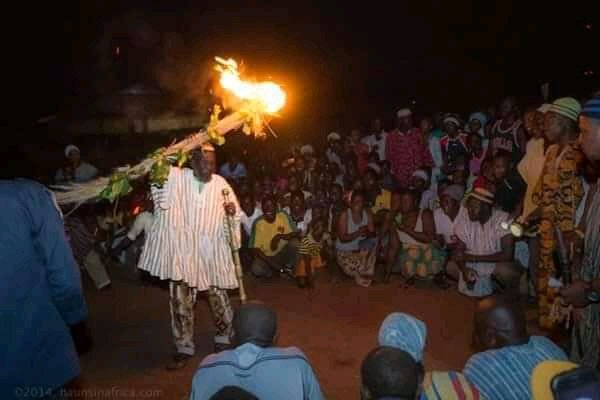
The overload King of Mamprugu celebrating the Bugum festival
A group of youngsters dancing during the Wilaa festival
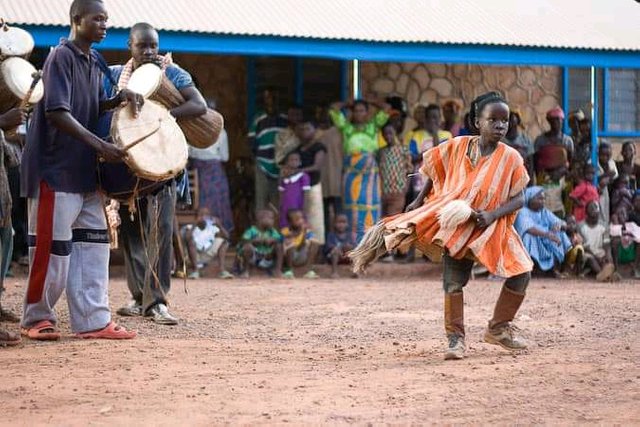
A boy dancing during the Damba festival celebration
All the above festival are great festival which could have been of interest to discuss about, but the festival that got my attention and interest most which I believe will also catch your interest is the Damba festival because of the origin, values, entertainment, message and lessons of this festival and that is the exact festival I will be discussing about so kindly read to the end.
DAMBA FESTIVAL
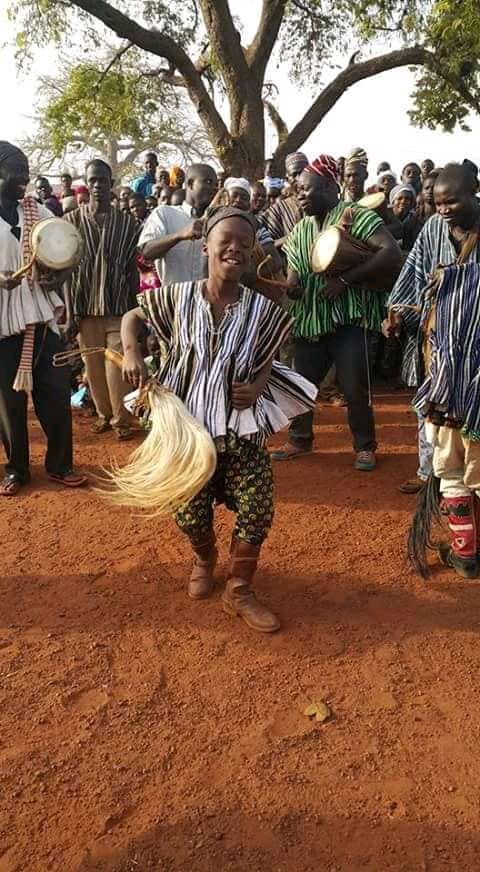
A boy dancing during the Damba festival to the rhythm of the gong gong
The Damba festival is believed to have been introduced to the people of the north by Mallams. Mallams? Yes Mallams, it was during the regime of Naa Zanjina of the dagbag kingdom the son of the great Naa Gbewaa that the Mallams use to celebrate the birth of the Holy Prophet Muhammad (PBUH) in this month. The Mallams were of the people of 'Mandigo' and word Damba is from them which means "BIG DANCE". During the regime of Naa Zanjina, they also use to celebrate their chieftainceis. So when the Islamic religion was introduced to them and they accepted it, they had to also celebrate the birth of the Holy Prophet Muhammad ( PBUH ).
The people of Dagbag then combines the royal celebration and the celebration of the birth of the Holy Prophet Muhammad (PBUH) and celebrate it as a single celebration known as Damba.
This is one of the reasons why I chose this festival. We all know that chieftaincy is of tradition, so Damba festival is a combination of tradition and Islam. This tells us that irrespective of our religious difference, there is always something we all can do or can have in common.
HOW THE DAMBA FESTIVAL IS CELEBRATED
The Damba festival is the second festival celebrated in a year according to the Dagbamba luner calendar with the month of the fire festival been the first month and first festival celebration of the year and the Damba month been the third month of the year.
* BEFORE THE CELEBRATION *
Husbands who's wifes are not in their homes and are not divorced will call on to them to come home in order to take care of the guest who will be visiting during the celebration as they have the saying a house without a wife is never qualified to be called a home, so the wife is needed to qualify the house to a home and to help welcome the guest by doing her duties as wife because in the North, it is the responsibility of every northener to take good care of a guest especially if they are visiting because of an occasion like the Damba festival and this is also the reason why the northeners are the most hospitable people in the country.
The chiefs buy rice and a cow to be prepared and distributed to his elders, elderly people in the community, those who will be taking part in the activities of the festival, Mallams and family members and the food that is usually prepared during the Damba festival is rice balls and the beef is added to the food.
Also, some verses of the Holy Quran are recited which I will not like to go in to because of the little knowledge I have about it.
DURING THE FESTIVAL
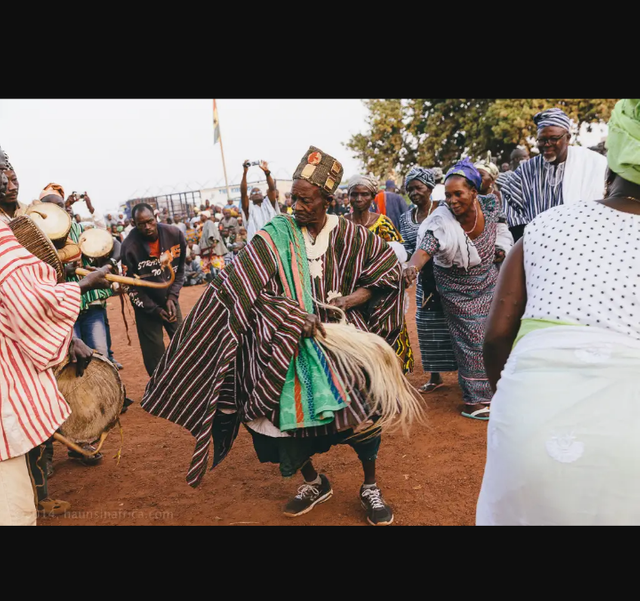
A man exhibition his dance moves during the Damba festival
A lot of activities do take place during the celebration. Activities such as dancing, singing, firing of locally made guns and praise of the chiefs. Before any of these activities starts, there will be some Quranic recitation as I mentioned earlier, the Damba festival is made up of tradition and Islam so the Islamic part will be done before the rest of the activities follows up.
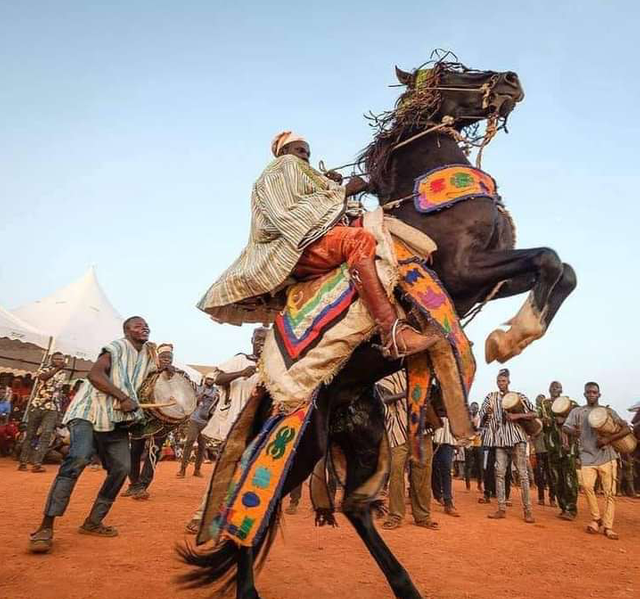
Horseman dancing with his horse at a Damba festival
During this celebration, the attire worn are the smock, a hat and boots for the males and the female wore bimmaŋli sewed in their preferred design and bimmaŋli bɔbiga is used as a Veil.
When it is time to dance, one of the drummers mostly the chief drummer will select one person by getting close to that person and playing the * gong gong * in a style of inviting him or her to dance and also songs are sang to welcome the chief to the dancing ground.
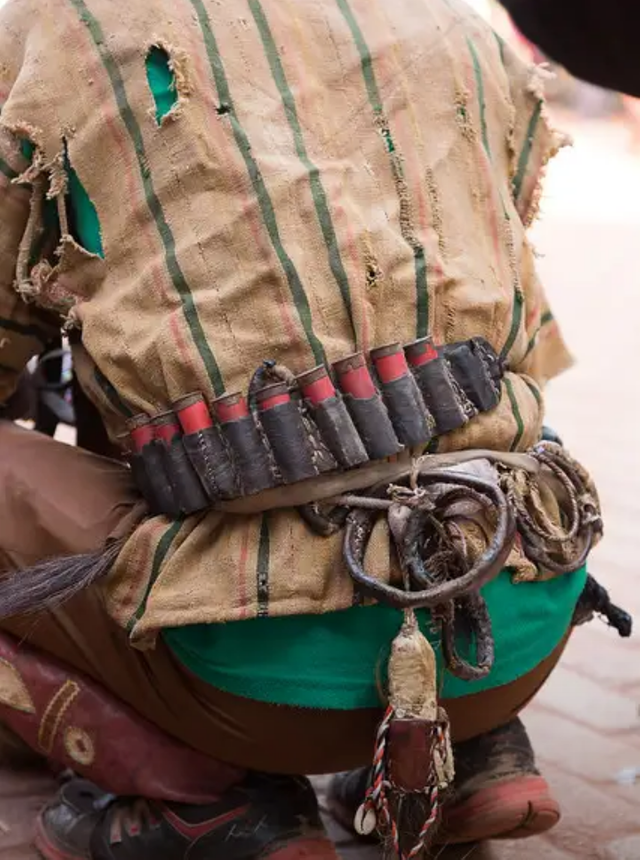
A gunshot man with his armlet and locally made bullets tied to his waist
Songs like,
Binsaa ‘Diarrhoea’
Binsaa! Binsaa! Binsaa!
Diarrhoea! Diarrhoea! Diarrhoea!
Miri m bia yee!„
Be careful of my child yee!
‟Wabigu yɛn no ma yee!„
Elephant is going to step on me yee!‟
Bini zuu di no ma!„
The first son of something don‟t step on me!‟
Binsaa! Binsaa! Binsaa!„
Diarrhoea! Diarrhoea! Diarrhoea!‟
Miri m bia!„
Be careful of my child‟
Wabigu yɛn no ma„
Elephant is going to step on me yee!
‟Di no ma!„
Don't step on me!‟
Gbuɣima zuu yee!„
The first son of lions yee!
‟Wabigu yɛn no ma yee!
Elephant is going to step on me yee!
Gbuɣim’ baligu zuu yee!„
The first son of younger lions‟
Wabigu yɛn no ma„
Elephant is going to step on me
‟Ŋmantambo bobiri yee!
‘Ŋmantambo dresser yee!
‟Wabigu yɛn no ma „
Elephant is going to step on me
‟Napaɣa bimbiɛmlana zuu yee!„
The first son of the evil queen yee!
"Wabigu yɛn no ma„
Elephant is going to step on me
‟Di no ma!„
Don't step on me!
‟Binsaa! Binsaa! Binsaa!„
Diarrhoea! Diarrhoea! Diarrhoea!
‟Miri m bia„
be careful of my child‟
Wabigu yɛn no ma„
Elephant is going to step on me
‟Di no ma!„
Don't step on me!
‟Binsaa! Binsaa! Binsaa!„
Diarrhoea! Diarrhoea! Diarrhoea!
‟Miri m bia!„
Be careful of my child!
‟Wabigu yɛn no ma yee!
Elephant is going to step on me yee!‟
Binsaa! Binsaa! Binsaa!„
Diarrhoea! Diarrhoea! Diarrhoea!
‟Miri m bia„
be careful with my child
‟Wabigu yɛn no ma„
Elephant is going to step on me
‟Di no ma!„
Don't step on me!
AFTER CELEBRATION
When everything is done and the chief is escorted back in, this is when the distribution of the food starts and after that, everyone rest for that day.
The following morning, the chief's elders will go and greet him and every other person will go around to greet family members, neighbors, friends and loved ones for a successful celebration and and new year.
All in all, the Damba festival is full of interesting experiences one can not describe it all unless you also take part or be present at the celebration and experience it yourself.
IMPORTANCE OF DAMBA FESTIVAL
- Families are reunited
- Disputes are settled
- Promotes cultural heritage
- Teaches us the need to love one another
- Help gain spiritual backing from Allah
- Teaches us that irrespective of our religious difference we should live in harmony
- Reminds us of who we truly are
Key words
| ENGLISH NAME | LOCAL NAME |
|---|---|
| Chief | Naa |
| Smock | Biŋŋmaa |
| Hat | zupiligu |
| Ladies smock | bimmaŋli |
| Veil | bimmaŋli bɔbiga |
| Boot | Mugra |
| Fire | Bugum |
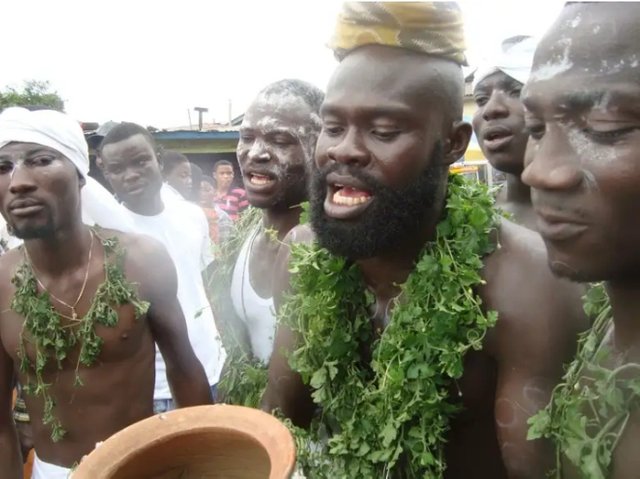
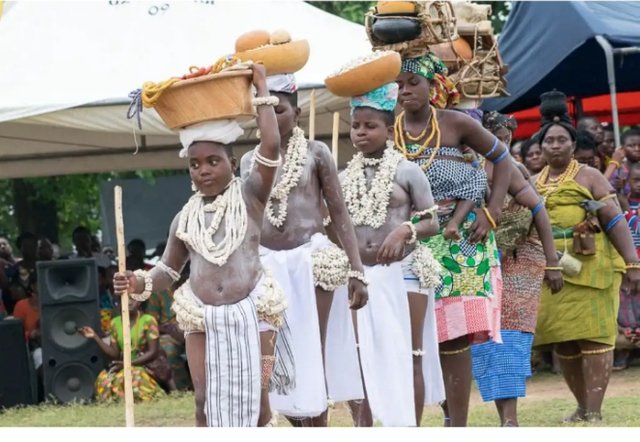
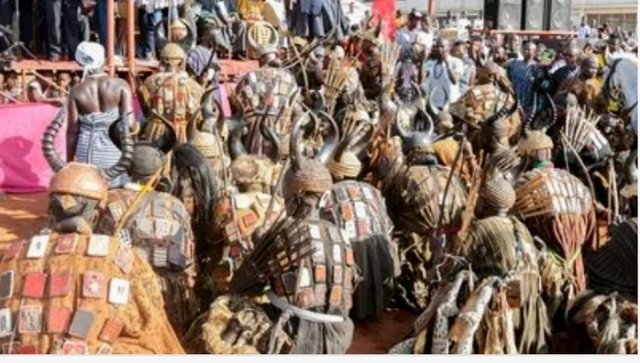
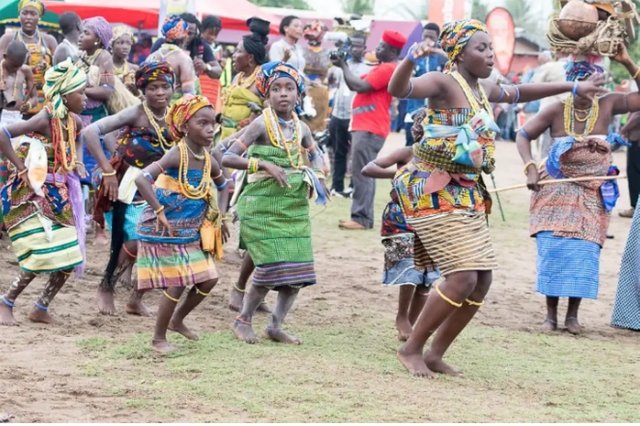
The Damba festival is full of interesting experiences that one can not describe.
Exactly
Wow,very educative
Thanks
Waw waw waw.
This is magnificent.
I love the whole idea.
You have really killed every aspect of the Damba festival.
I also loved the fact that you gave the English meaning of the song. That’s was really good.
Very creative and educative.
Thanks for sharing this piece with us.
I love it. And you have done so well. I’m impressed
Thanks very much, I couldn't have done it if you hadn't organized such contest so all thanks to you